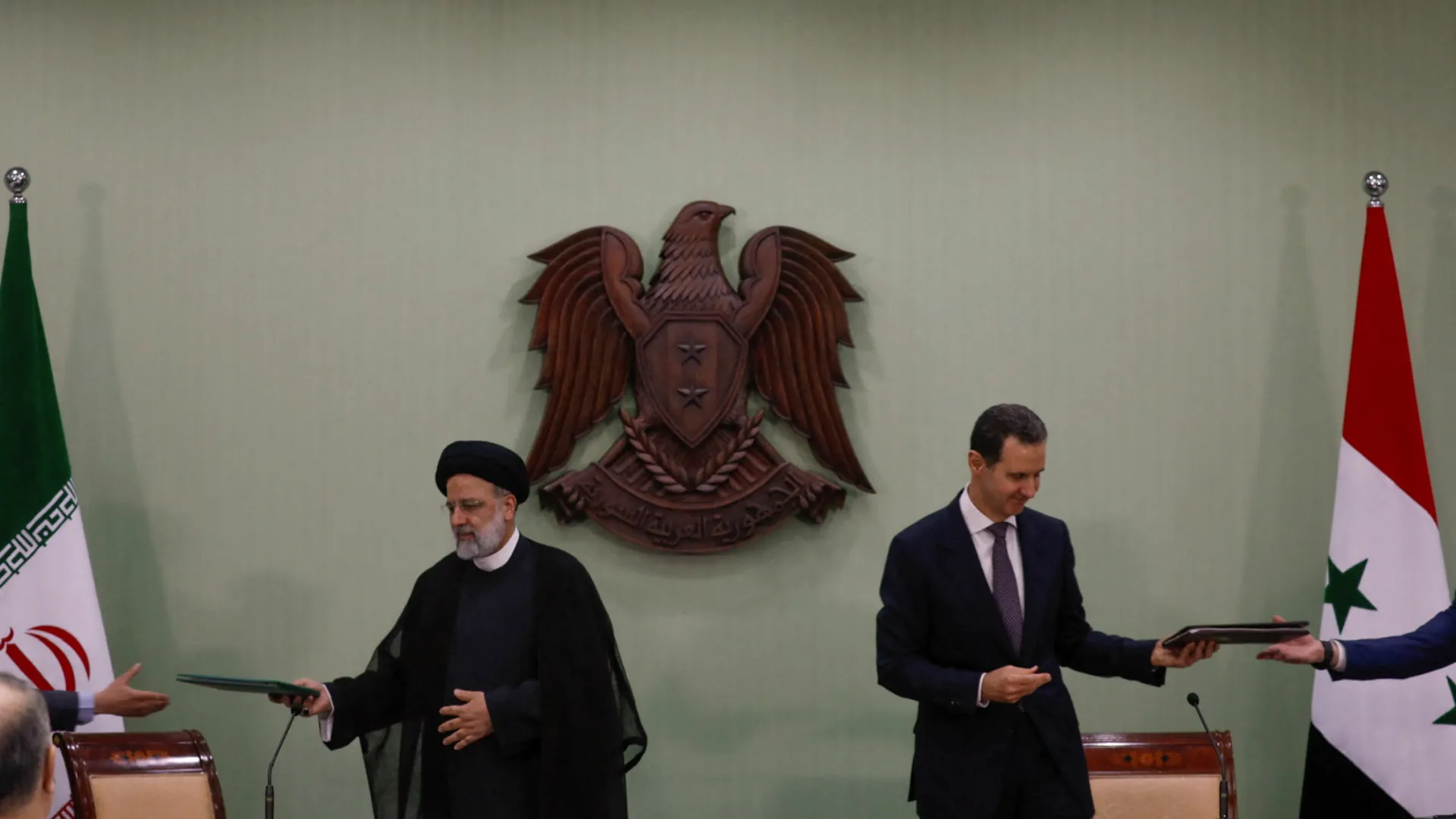The blitzkrieg campaign by the Syrian rebel coalition headed by the Hayat Tahrir Al-Sham (HTS) leader Abu Mohammed al-Jolani ended the five-decade rule of the Assad family in Syria. President Bashar al-Assad was removed from power after an arduous and long decade of protest by the rebel groups. Amidst the dramatic shift, the future stakes of Iran in Syria have come into the spotlight. Being a prominent ally of Assad, Iran has faced strategic setback in a country crucial to enhancing its strategic depth. Nevertheless, it is too early to determine the aspect of strategic defeat as Tehran has the vitality to recalibrate its policy.
Tag: Iraq
Mossad’s Strategic Gambles in the Middle East
Two years after the US struck the Al-Qaeda chief in Afghanistan, Israel has allegedly carried out an offensive covert operation in Iran, killing its most wanted Hamas chief, Ismail Haniyeh, in a mysterious, sophisticated bomb blast, one of the critical successes in the global terror landscape after the US. However, Intelligence work in complicated situations has always led to playing a zero-sum game where conflict can go in two ways: either all hell breaks loose, or it can be strategically controlled and minimise escalation.
Why isn’t the United States Using its Oil Reserves?
The United States’ oil reserves, particularly the Strategic Petroleum Reserve (SPR), have played a crucial role in the nation’s energy security strategy since its establishment in 1975. The SPR, located in underground storage facilities in Texas and Louisiana, serves as a vital emergency stockpile of hundreds of millions of barrels of oil, ready to be utilised in times of crisis. Over the years, the U.S. government has maintained this reserve to shield the country from energy disruptions caused by various events, such as natural disasters, military conflicts and geopolitical tensions.

